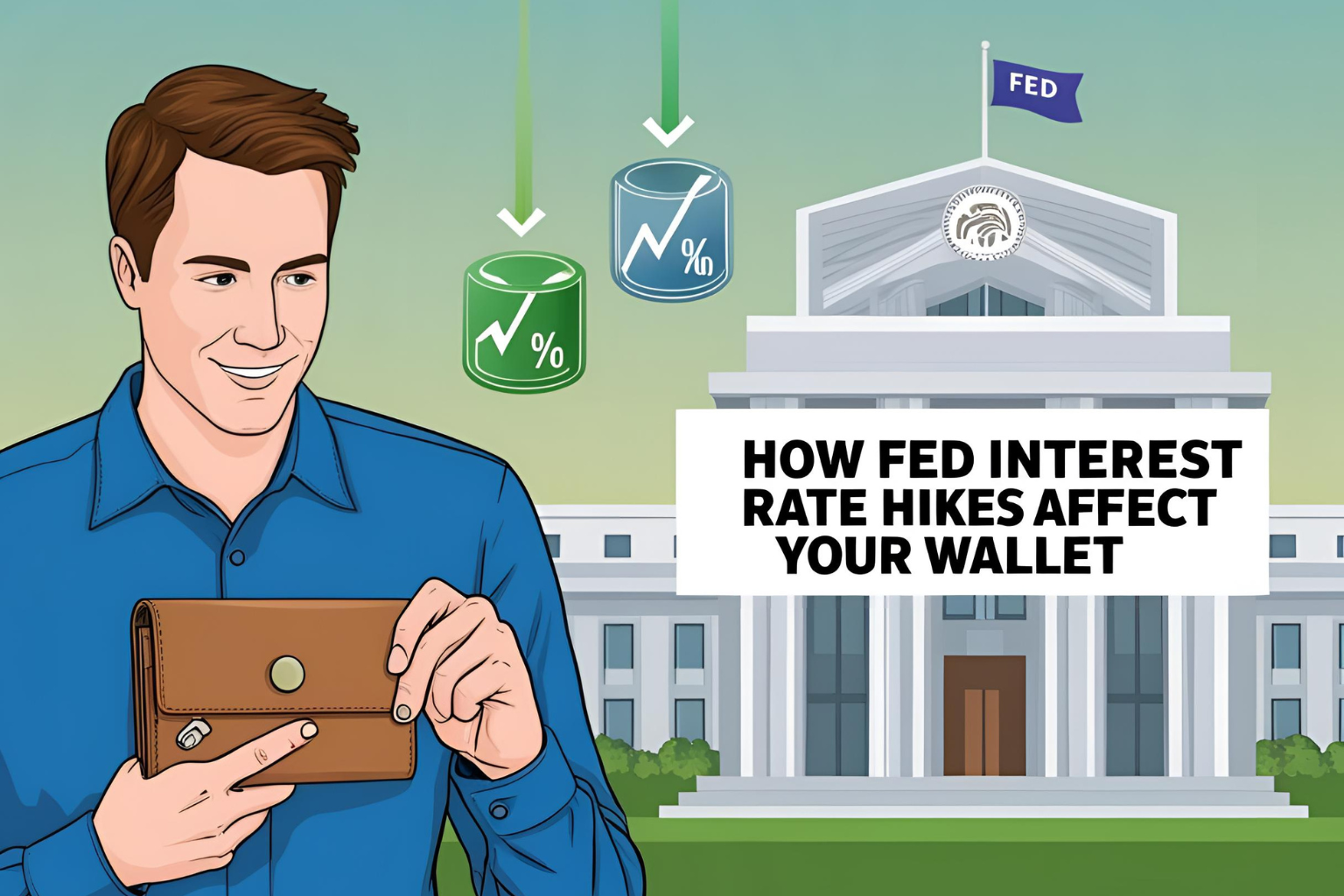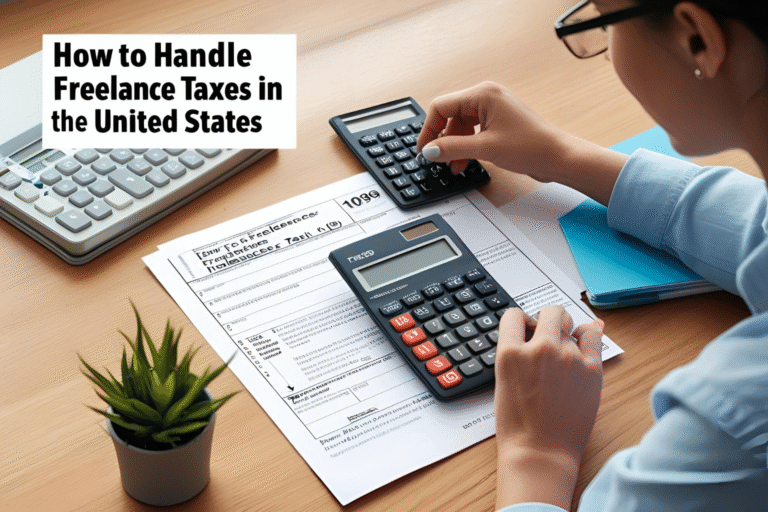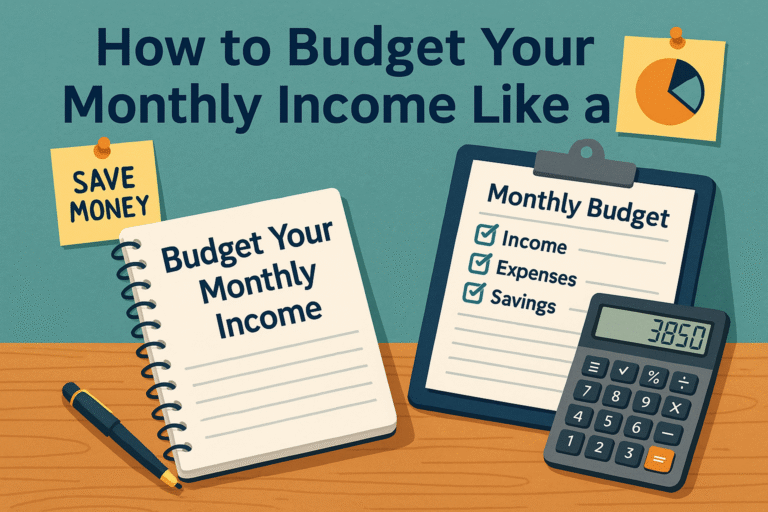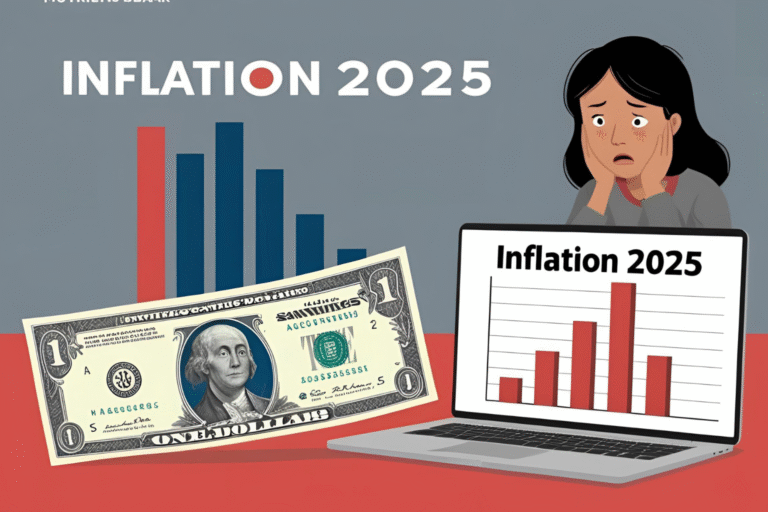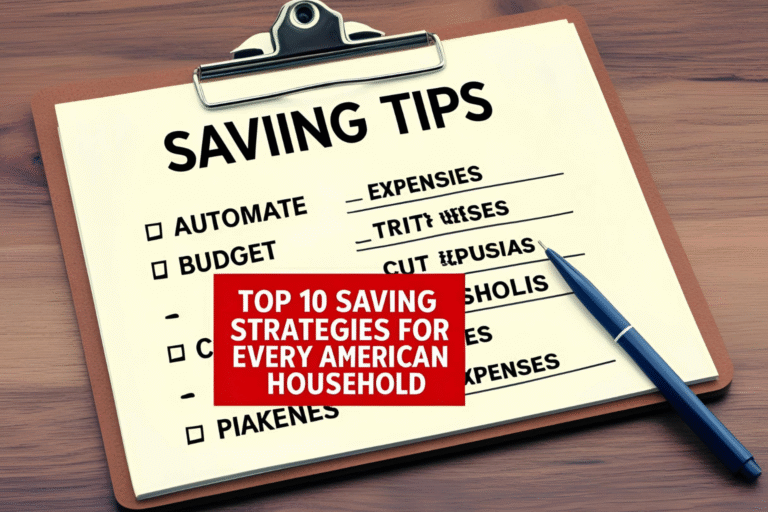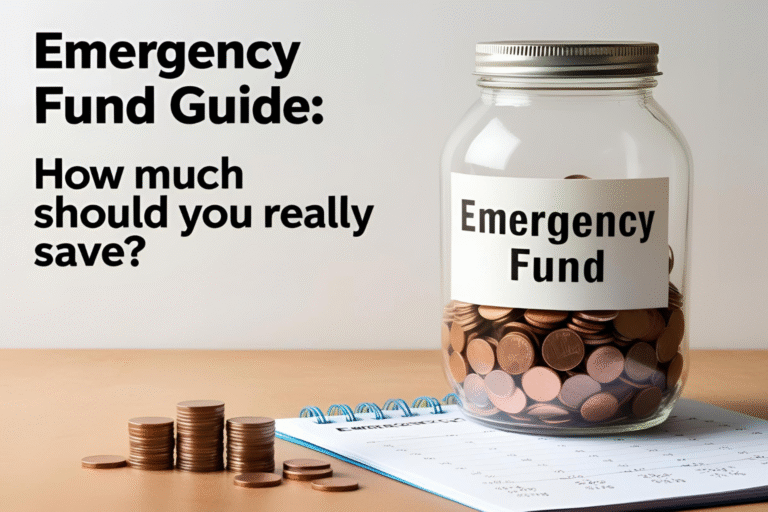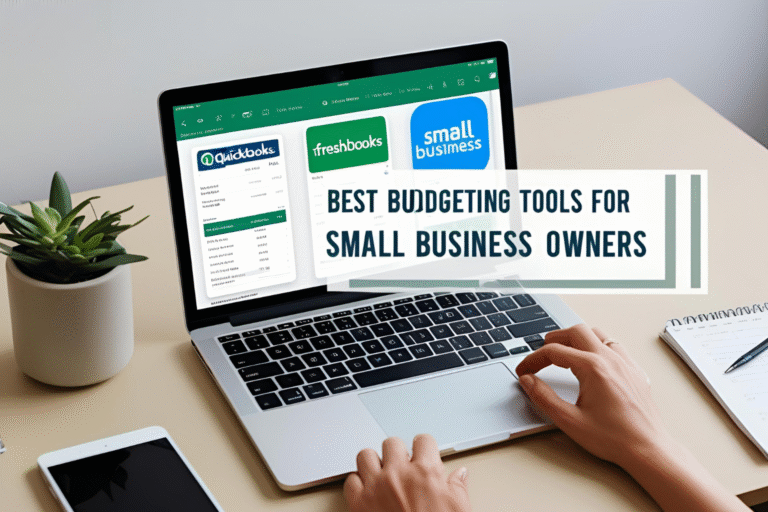How Fed Interest Rate Hikes Affect Your Wallet
When the Federal Reserve raises interest rates, it’s not just financial headlines—it affects nearly every part of your financial life. From mortgages to savings accounts and credit card interest, rate hikes can help or hurt your wallet depending on your financial habits.
In this guide, we break down how rising interest rates work and what you can do to prepare.
Why Does the Fed Raise Interest Rates?
The Federal Reserve increases interest rates to control inflation and cool down an overheated economy. When borrowing becomes more expensive, consumer spending and business investments slow, reducing inflationary pressure.
The rate the Fed adjusts is the federal funds rate—the rate banks charge each other for overnight loans.
1. Impact on Credit Cards
- Rates go up immediately: Most credit cards have variable APRs tied to the prime rate.
- Higher monthly payments: You’ll pay more interest on carried balances.
- Tip: Pay off high-interest credit card debt or consider a balance transfer before rates rise further.
2. Impact on Loans (Auto, Personal)
- New loans become costlier: Personal and auto loan interest rates increase, raising your total repayment cost.
- Fixed-rate loans are safe: If you already have a fixed-rate loan, your payments won’t change.
Tip: Shop for loans with fixed rates and compare lenders before borrowing.
3. Impact on Mortgages
- Variable-rate mortgages (ARMs) adjust upward, increasing monthly payments.
- Fixed-rate mortgage rates also rise, making buying a home more expensive.
Tip: Lock in rates early if planning to refinance or buy a home soon.
4. Impact on Savings Accounts and CDs
- Good news for savers: Banks typically raise interest on high-yield savings accounts and certificates of deposit (CDs).
- Higher APYs make saving more attractive.
Tip: Move your money to a high-yield savings account if you’re still using a low-interest bank.
5. Impact on Investments
- Stock market volatility: Higher interest rates can slow economic growth, affecting corporate profits and stock performance.
- Bond prices fall, but new bonds offer higher yields.
Tip: Diversify your portfolio and consider reallocating based on your risk tolerance.
6. Impact on Student Loans
- Federal loans: Not immediately affected since most are fixed.
- Private loans: Variable-rate loans may increase.
Tip: Refinance fixed if possible, or monitor rate changes if you have variable loans.
How to Protect Yourself During a Rate Hike Cycle
- Reduce debt—especially high-interest credit card balances
- Refinance loans before rates go higher
- Increase savings in high-yield accounts
- Review and rebalance your investments
- Delay major borrowing if rates are peaking
Final Thoughts
Fed rate hikes ripple through the entire economy—but understanding how they affect your wallet helps you take smarter financial actions. Whether it’s paying off debt or boosting your savings, small adjustments can make a big difference.
FAQs
How often does the Fed raise interest rates?
The Fed meets 8 times a year and adjusts rates based on economic data and inflation.
Do Fed rate hikes affect all loans immediately?
Variable-rate loans are affected quickly, while fixed-rate loans are not impacted directly.
Should I stop investing during rate hikes?
Not necessarily. Focus on long-term strategy and diversification, not short-term news.
Will my rent increase if rates rise?
Possibly. Rising mortgage rates can increase housing demand in rentals, pushing up rents.
Are rising rates good or bad for the economy?
They help control inflation but can also slow economic growth—striking a balance is key.
